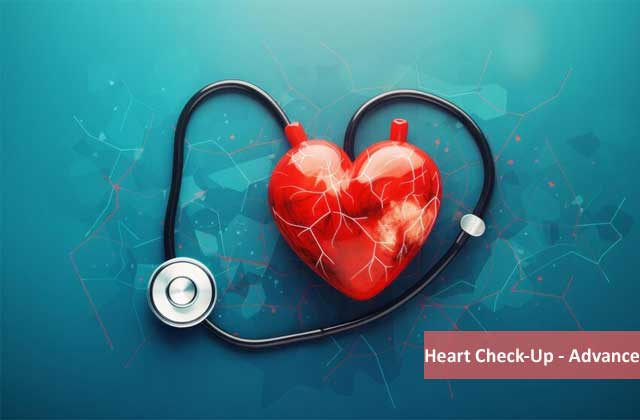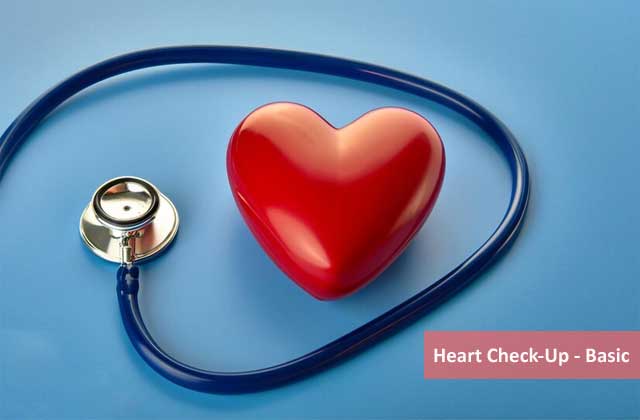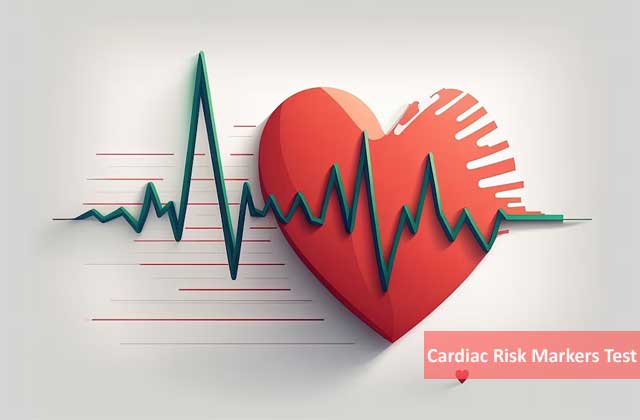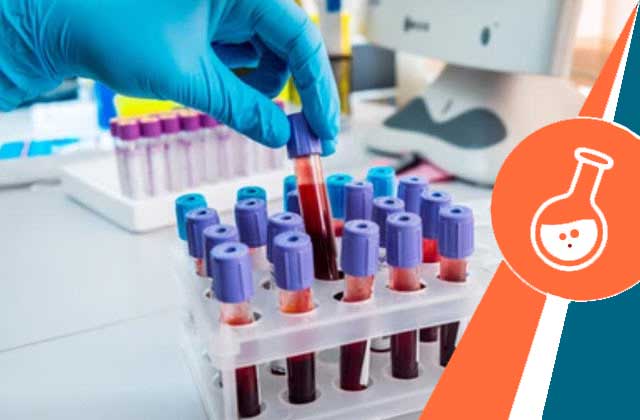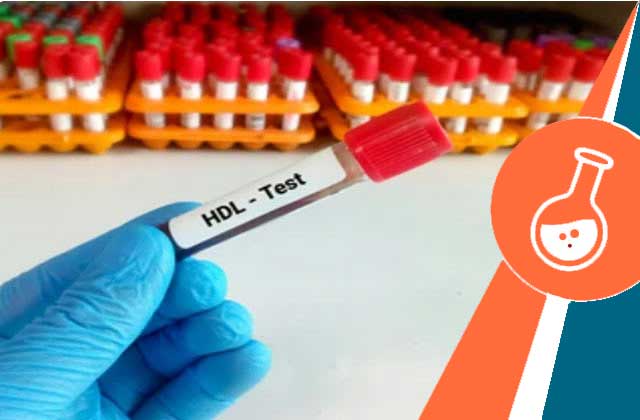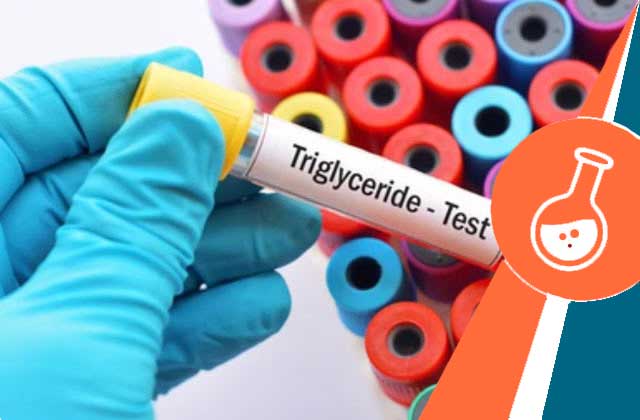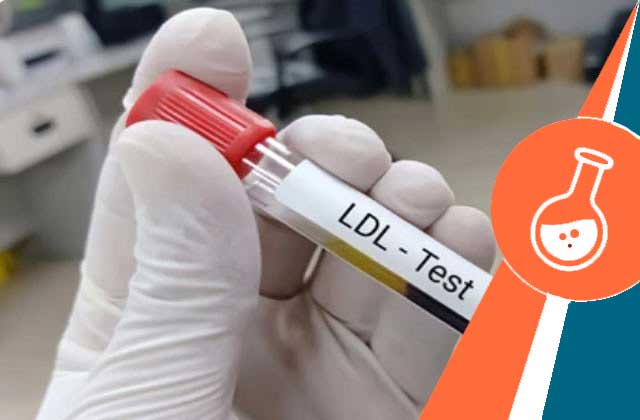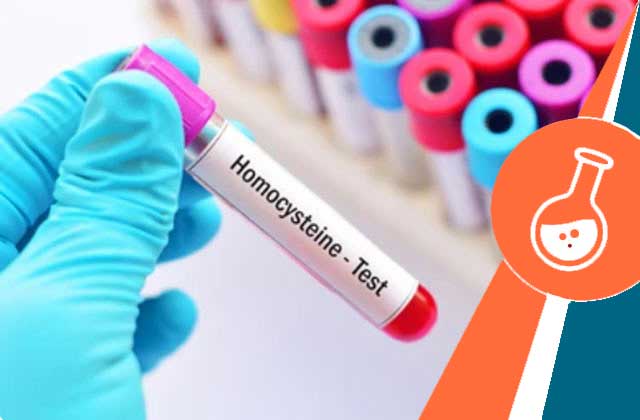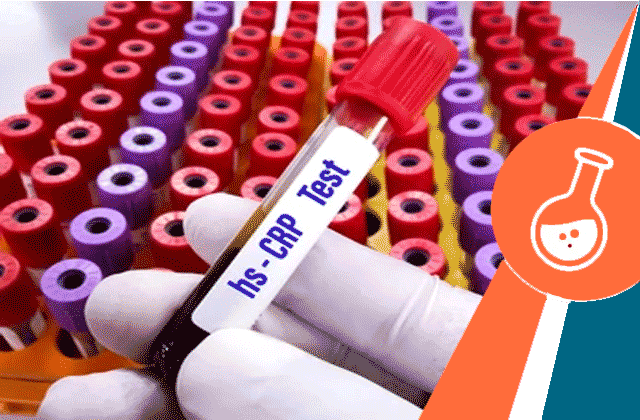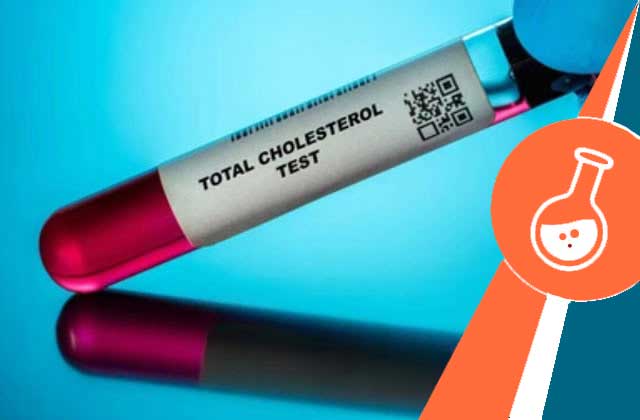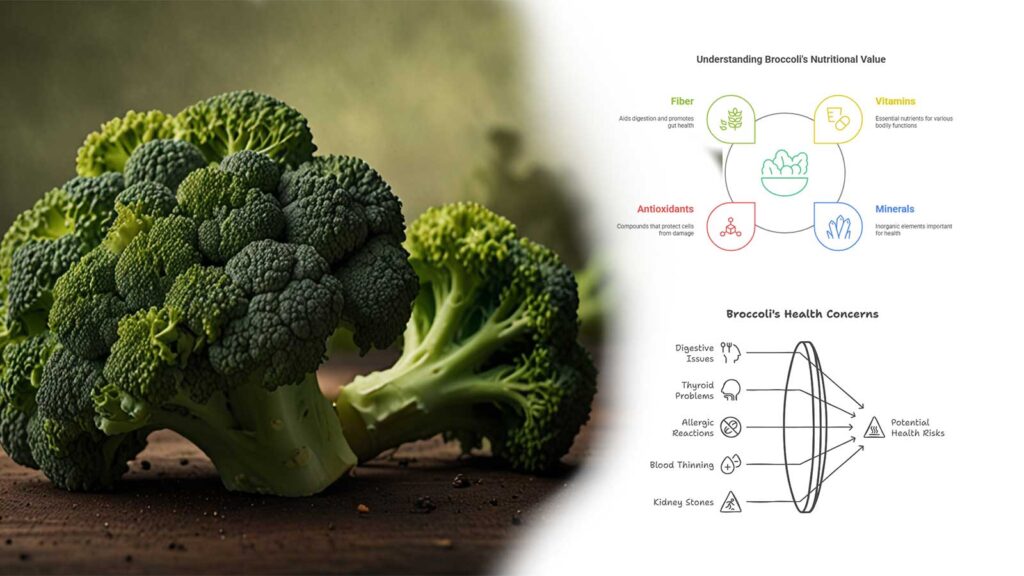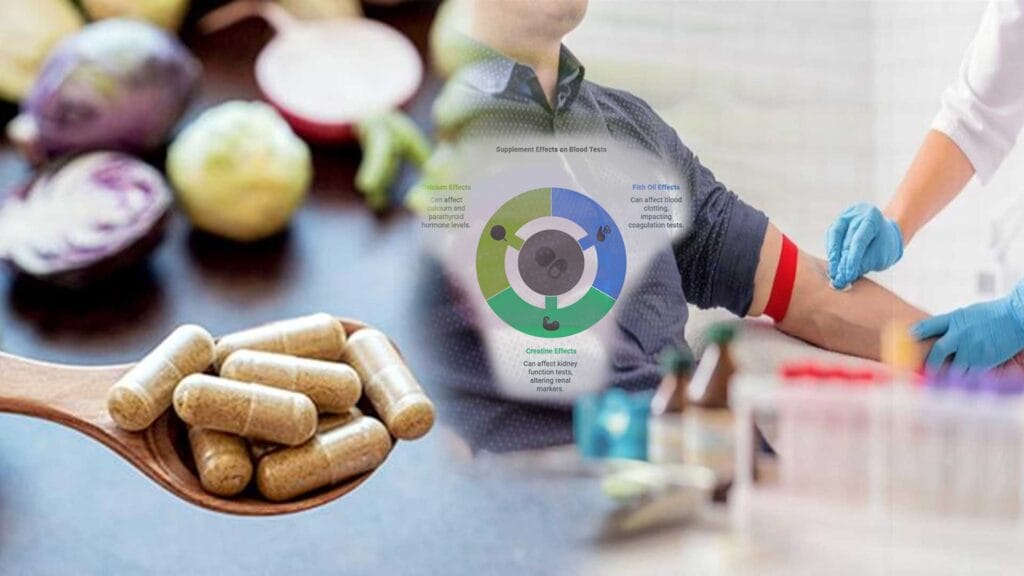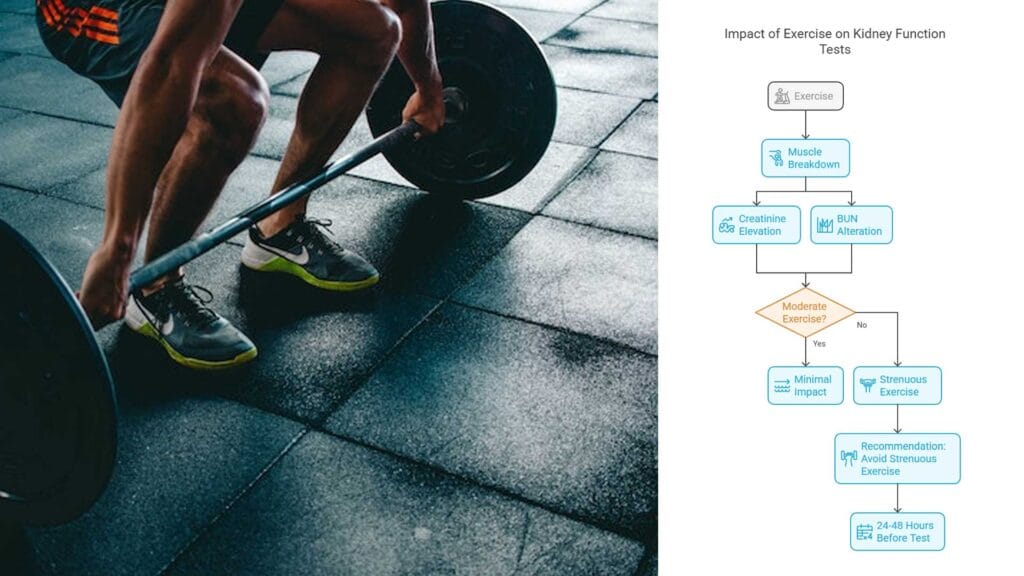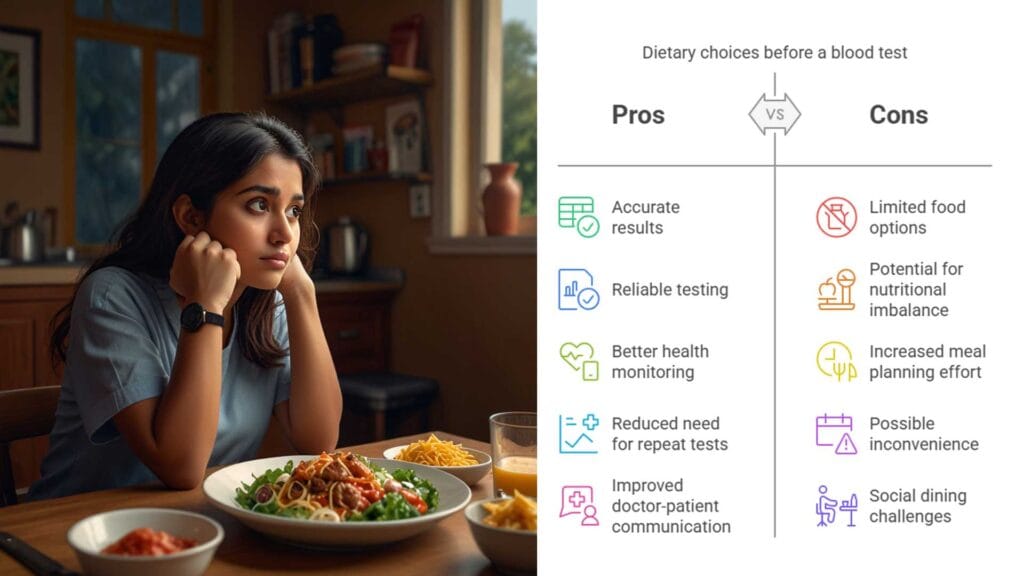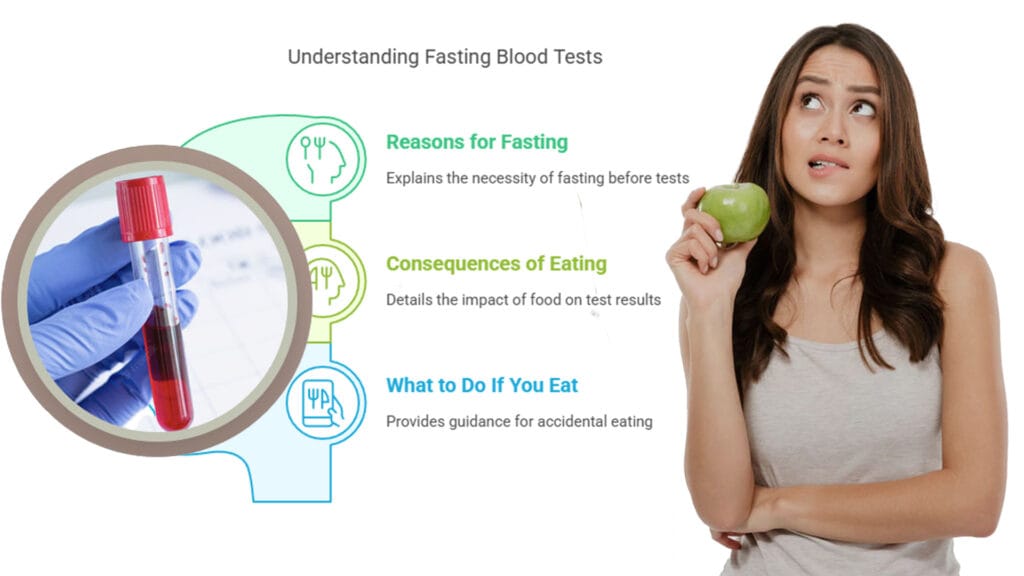Heart Tests (Cardiac Makers)
HEART HEALTH TEST
A heart checkup test is used to evaluate a person’s overall cardiovascular health. It includes a variety of tests which includes assessments to evaluate various heart functions like blood pressure, cholesterol levels & ECG reading, which is used to detect any signs of heart disease or dysfunction, which can then be addressed through appropriate treatment.
Regular heart checkups are suggested for people with a family history of heart failure or who have high blood pressure. The heart health test helps to identify potential heart problems early, allowing for early intervention and treatment.
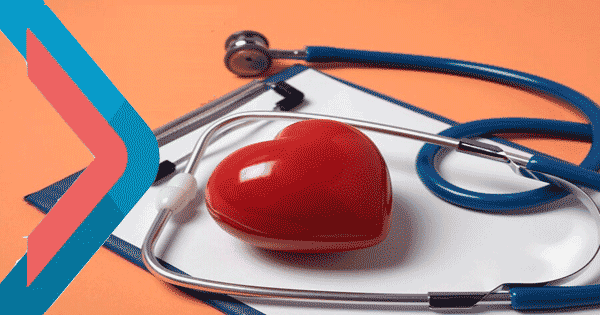
Explore Heart Tests (Cardiac Makers) List & Packages
₹2249
₹1499
- Includes 48 Parameters
₹608
₹511
- Includes 1 Parameters
₹291
₹231
- Includes 1 Parameters
₹291
₹231
- Includes 1 Parameters
₹949
₹767
- Includes 1 Parameters
How To Get This Test

CHOOSE YOUR TESTS

PHLEBOTOMIST VISITS YOUR PLACE
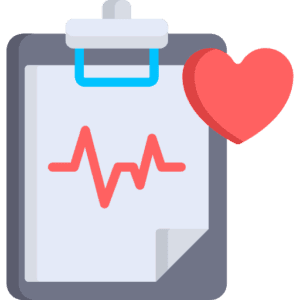
GET YOUR TEST REPORTS
PURPOSE
What Is The Purpose of Getting Heart Health Check
Early detection is essential for the timely treatment and prevention of heart attacks, strokes, and other cardiovascular diseases. A Heart test is particularly recommended for people who are known to have a family history of heart disease or those leading an unhealthy lifestyle.It is an important tool for maintaining a healthy heart and minimizing the risks of heart failure.
CAUSES
What Are The Causes Of Heart Problems
When it comes to the Heart, there are multiple factors that can lead to serious health issues.
Some of the most common causes are:
- Sedentary Lifestyle
- Unhealthy Diet
- Smoking
- High Blood Pressure
- High Cholesterol Levels
- Obesity
- Family History of Heart problems
- Mental Stress
- Age
SYMPTOMS
What Are The Symptoms Of Heart Problems
Some common symptoms that can indicate a potential heart problem are:
- Chest pain, chest tightness, chest pressure, and chest discomfort (angina)
- Pounding or racing heart (palpitations).
- Shortness of breath
- Irregular heartbeat
- Swelling in the legs or ankles
- Nausea or vomiting
- Fatigue, dizziness, or lightheadedness
TESTING TYPES
What Are The Different Heart Related Tests
Healthcare professional may suggest you a basic checkup like the cardiac profile test or individual tests for a deeper and better understanding. The cardiac test is a comprehensive checkup that measures the heart’s health, including cholesterol levels, triglycerides, blood sugar, and blood pressure.
The other individual tests are:
- Electrocardiography (ECG, EKG) – This test records your heart’s electrical activity and provides crucial information about your heart rate and rhythm.
- Exercise cardiac stress test (TMT) – In this test, healthcare professionals assess your heart’s response to physical activities and stress.
- Echocardiography – An ultrasound machine is used to generate moving images of your heart to assess if you have any problems with the pumping function of your heart. It also checks the condition of your heart valves.
- Cardiac CT scan – A CT scanner with electrodes attached to your chest records your heart’s electrical activity. The scan creates images of your heart and allows the doctors to check for any plaque buildup in your coronary arteries.
- Coronary catheter angiography – A small tube, or a catheter, is inserted into your groin area or arm and threaded through an artery to your heart. Then, a contrast dye is injected through the catheter while a healthcare examiner takes X-ray pictures of your heart. This allows them to see if your coronary arteries are narrowed or blocked.
DIAGNOSIS
Heart ScreeningTest Diagnosis
It is essential to understand that a complete diagnosis requires a combination of heart tests to identify any potential heart problems and most healthcare professionals will recommend the best test or combination of tests based on your symptoms, risk factors, and medical history.
REFERENCE RANGES
What Are The Reference Ranges of Heart Checkup Test
Normal ECG values for waves and intervals are as follows:
RR interval | 0.6-1.2 seconds |
P wave | 80 milliseconds |
PR interval | 120-200 milliseconds. |
The reference range for the Exercise cardiac stress test is as follows:
Your target heart rate during a stress test depends on your age. For adults, the maximum predicted heart rate is 220 minus your age. So, if you’re 40 years old, the maximum predicted heart rate is 220 – 40 = 180.
The reference range for a Cardiac CT scan is as follows:
Left ventricle (Size) | ||
Male | Female | |
LVIDd (cm) Left ventricular internal dimension at end-diastole | 4,2 – 5,8 | 3,8 – 5,2 |
LVIDd (cm/m2) Left ventricular internal dimension at end-diastole | 2,2 – 3,0 | 2,3 – 3,1 |
The reference range for Echocardiography is as follows:
Calcium Score | Presence of CAD |
0 | No evidence of CAD |
1-10 | Minimal evidence of CAD |
11-100 | Mild evidence of CAD |
101-400 | Moderate evidence of CAD |
Over 400 | Extensive evidence of CAD |
INTERPRETING RESULTS
How To Interpret Heart Test Results
When interpreting the results of a heart health test, it’s important to understand what each test measures and what the normal ranges are for each marker. Since such tests are handled by professionals, it is suggested to consult a healthcare professional with the reports to have a better understanding of what your test results mean.
PRICE
Heart Checkup Prices
Depending on the diagnostic center you visit, you can determine the Heart test price. You can check the below-mentioned table to understand the individual costs for each test under a heart checkup package. These are the average prices offered by different diagnostic centers. Prices may differ based on location.
Test | Price (INR) |
Electrocardiography (ECG) | Rs. 143-305 |
Exercise cardiac stress test (TMT) | Rs. 962-1525 |
Echocardiography | Rs. 920-1439 |
By choosing HealthcareOnTime testing facilities, you can get affordable package costing for your Heart checkup test. We offer 4 package.
Package Type | Parameters Covered | Price (INR) |
47 parameters | Rs. 2000 | |
51 parameters | Rs. 3000 | |
6 parameters | Rs. 1500 | |
10 parameters | Rs. 500 |
PREVENTION
How To Prevent Heart Problems
Heart problems are a growing concern worldwide, and prevention is key to maintaining heart health which can easily be done by following the below recommendations:- Quit smoking – Smoking is a major risk factor for heart disease, especially atherosclerosis.
- Eat healthy foods – Eat plenty of fruits, vegetables, and whole grains. Limit sugar, salt, and saturated fats.
- Control blood pressure – Uncontrolled high blood pressure increases the risk of serious health problems.
- Get a cholesterol test – If there is a history of cholesterol in your family, you need to actively get your cholesterol levels checked and maintained.
- Manage diabetes – If you have diabetes, tight blood sugar control can help reduce the risk of heart disease.
- Exercise – Regular exercise not only helps control diabetes, high cholesterol, and high blood pressure -all risk factors for heart disease, but also various other ailments.
- Maintain a healthy weight – Being overweight increases the risk of heart disease.
- Manage stress – Find ways to help reduce emotional stress. Getting more exercise and practicing mindfulness and meditation to reduce and manage stress.
- Practice good sleep habits – A human adult needs to get 7 to 9 hours of sleep on average. Poor sleep routines may increase the risk of heart disease and other chronic conditions.
- Routine Checkups – Regular Health checkups can hep detect and prevent health problems, including high blood pressure, diabetes, cancer, and heart disease.
FAQs Around Heart Checkups
How does a blood test show heart health?
The blood tests identify certain cardiac markers in the blood, which can help reveal important information about a heart’s health. Based on which healthcare professionals either suggest further tests or treatments.
Is it possible to have a heart disease without any symptoms?
Silent heart disease is a possibility if there is plaque building in your arteries which supply blood to your heart. When this disease starts to develop itself, it is unlikely for a person to have any visible symptoms, and it can directly lead to a Heart Attack or, in certain cases, serious heart-related conditions.
What is Cardiac Health Checkup?
A cardiac health checkup is a detailed examination of the heart that helps assess the heart’s normal functioning and detect any abnormalities or risks for diseases or heart failure.
Does good blood pressure mean a healthy heart?
Maintaining good blood pressure is important for a healthy person, but it’s not the only factor. It’s important to remember that blood pressure is just one aspect of heart health, and a test for heart disease may be necessary even if you have normal blood pressure.
What is the best way to increase heart health?
Eating healthy food with low fat or oils, along with regular exercising, helps improve the health of your heart. Additionally, avoiding tobacco, and alcohol abuse, helps in the long run as well.
What exams would detect heart conditions?
You can opt for ECG or ECHO testing for a more details exam to check if there are any underlying heart problems. Alternatively, regular blood pressure checkups or cholesterol checkups will help detect any early signs.
Building a Legacy of Healthy Smiles
Hear from Our Valued Clients
Service was prompt, sample collected on time. And also got the report quickly.

HealthcareOnTime Blogs
Stay Informed: Latest Insights on Health, Conditions, Tests, and Treatments VIEW ALL

